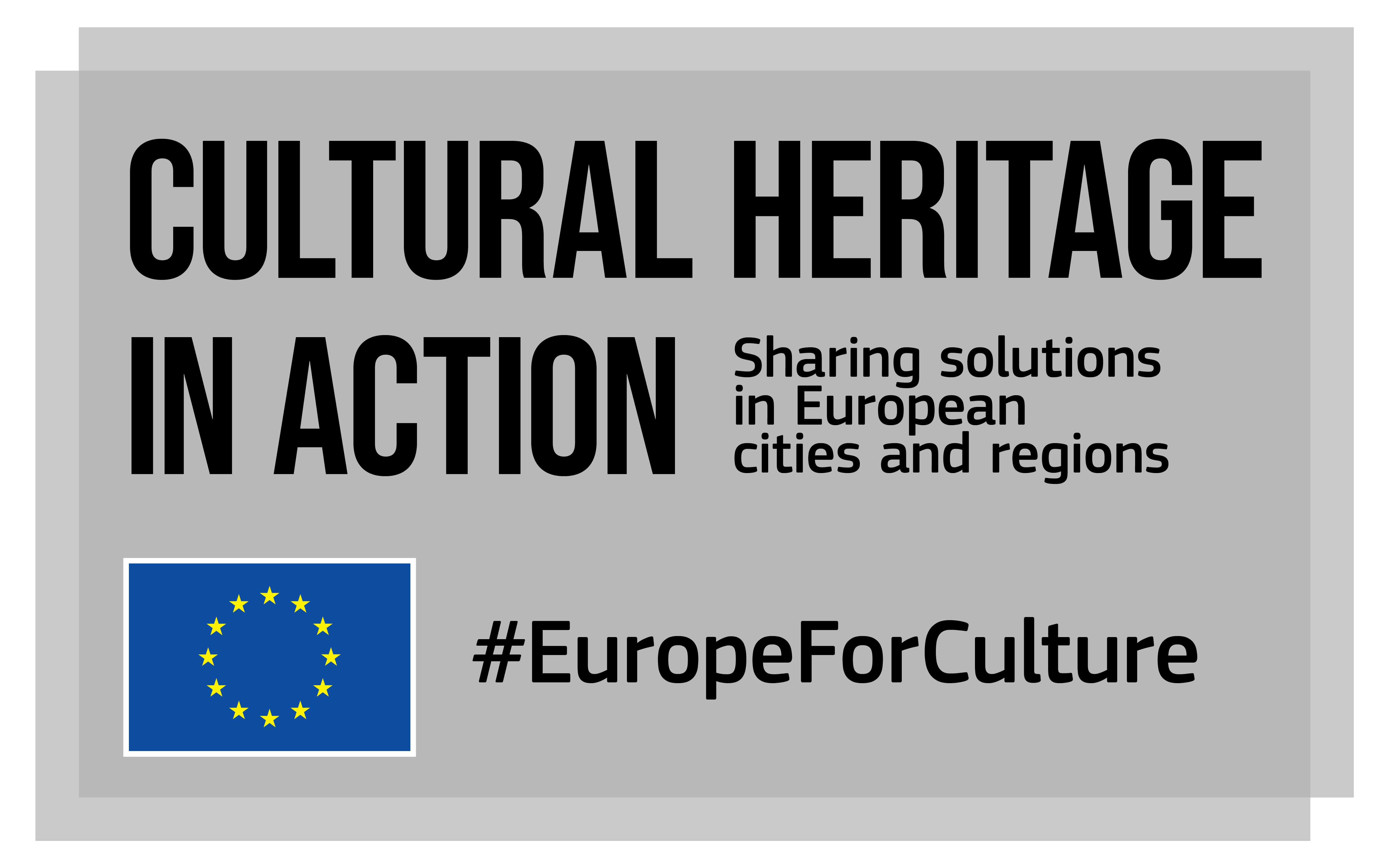In June 2022, the European peer learning programme Cultural Heritage in Action organised a peer learning visit to Helsinki, Finland. Participants in the visit discussed at hands the example of Kaapeli (the Cable Factory).
As Nokia began to wind down industrial activity in Helsinki towards the end of the 80s, spaces in its factory were rented to artists, artisans and cultural organisations. The Cable Factory building was due to be demolished after Nokia vacated it, but the creative tenants lobbied the city, which owned the land, to keep the factory going as a creative hub.
In 1991, the City of Helsinki founded the real-estate company Kiinteistö Oy Kaapelitalo (Kaapeli) to convert the Cable Factory into a cultural centre. Today, the centre comprises 63,000 m2 of space, used by 130 ateliers, two bars, 12 galleries, three museums, two restaurants, multiple event venues and a brand-new dance house with two halls. In 2019, roughly 1,000 people worked at Cable Factory, and more than 500,000 attended events.
The city of Helsinki and Kaapeli have been cooperating for 30 years to manage the former Cable Factory. The legal form of the company and full ownership of the premises led to a long-term sustainable operational model guaranteeing qualitative cultural activities.
The peer learning visit tackled the following themes:
- Sustainable and adaptive re-use of (industrial) heritage buildings for artistic uses
- Cooperation model between municipal departments: culture, city museums, housing and environment
- Governance models for transformed cultural heritage sites
On 15 September at 14.30, we will come back to the peer learning visit in Helsinki. The event is open to anyone who is curious about the topic and wish to attend.
Objectives of the follow up online session:
- Come back to some of the lessons from a peer learning visit to Helsinki with insights into its conclusions
- Look at specific challenges European cities and regions face regarding sustainable models of reusing old premises for cultural uses.
- Discuss transferability aspects, starting from specific examples from cities.
Why should you join?
During this session, you will get some insights into the content of the Helsinki peer learning visit and the analysis of the specific governance model of Kaapeli. Three cities will present a “comparable” case to Kaapeli, focusing on the background, the status of work to date, and ambition, and highlighting one or two key issues where they would welcome the input of other participants:
- Bologna, Italy: a new covered square “Lucio Dalla”, 6.000 sqm that the city just finished regenerating
- Puglia, Italy: Ex SACA industrial building in Brindisi
- Bucharest, Romania: REBU in Strada Berzei 21
Participants will reflect on the presenting cities’ projects and offer suggestions for overcoming barriers or accelerating/enabling activities (the “projects’ clinic”). Presenting cities will reflect on what they’ve heard and provide additional information. The session will also be an opportunity to discuss your own challenges and engage in discussion with peers from other European local authorities. We will also provide access to the materials shared during the peer learning visit with all participants in the online deep-diving session. You can register now and join us on 15 September!

